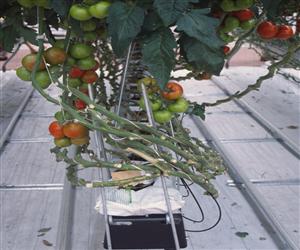
Start a Career in Hydroponics
Learn the A to Z of hydroponics in this great 600 hour certificate level course.
Accredited through the International Accreditation & Recognition Council.
This course provides an understanding of modern technology and its application to growing plants, with emphasis on hydroponic production. If you are seriously interested in hydroponics as a career or business this provides a sound foundation for just that.
Career Opportunities include:
- Hydroponic Shop Proprietor
- Commercial Hydroponic Grower
- Hydroponic Consultant
- Manufacturer/Supplier of hydroponic equipment and nutrients